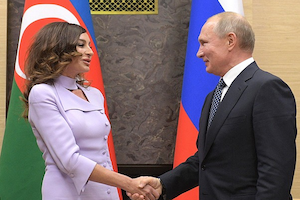First Azerbaijani Gas Reaches Albania Amid COVID-19
By Esmira Jafarova
July 14, 2020, the CACI Analyst
The first Azerbaijani gas via the Trans Adriatic Pipeline (TAP) reached Albania at the end of May 2020. This marked the first delivery of natural gas from Azerbaijan’s Shah-Deniz -II field in the Caspian Sea to Europe via the multimillion megaproject the Southern Gas Corridor (SGC). Despite the COVID-19 induced pandemics and global lockdowns, this is an important achievement testifying to the successful implementation of works in all four segments of the Southern Gas Corridor, including its final portion, TAP. The SGC is set to become fully operational in 2020 and it seems that Italy will also receive its earmarked portion of natural gas quite soon.
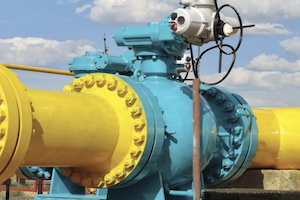
Azerbaijan's Economy Takes a Double Blow
By Natalia Konarzewska
June 16, 2020, the CACI Analyst
The collapse of oil prices and oil demand along with the economic shutdown imposed to fight the coronavirus pandemic are putting a strain on Azerbaijan’s economy. The upheaval on the global oil market has exposed fragilities in Azerbaijan’s banking system as four of its banks were recently put under temporary administration of the central bank and others had their capital requirements relaxed. The government has introduced economic and social packages to mitigate the consequences of the crisis; however, growth forecasts in 2020 remain pessimistic.
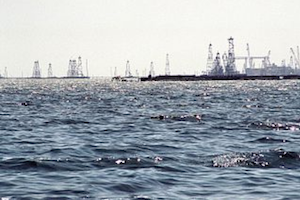
New Hope for a Breakthrough in the Nagorno-Karabakh Deadlock?
By Vasif Huseynov
April 6, 2020, the CACI Analyst
On 28-30 January, in Geneva, Switzerland, the foreign ministers of Armenia and Azerbaijan held an OSCE-mediated meeting on the Nagorno-Karabakh conflict. The meeting lasted for eleven hours and raised hope, though rather limited, for a breakthrough. Particularly positive developments include a decline in the number of causalities on the line of contact and that the meeting’s final statement for the first time emphasized the confidentiality of the negotiations. However, while these facts may induce some optimism, most other developments in the relations between Baku and Yerevan over the last year indicate that the sides remain far from a breakthrough.
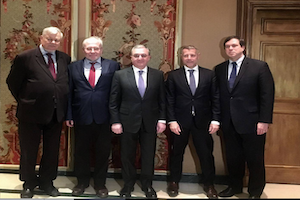
China's Soft Power in the South Caucasus
By Nurlan Aliyev
March 2, 2020, the CACI Analyst
In December 26, 2019 , the Georgian National Museum presented a new exhibition titled “Chinese Art in the Georgian National Museum,” dedicated to the 70th anniversary of the People’s Republic of China, and a book on the theme by Georgian authors. Within this project, supported by the Embassy of the People’s Republic of China in Georgia, several exhibitions of works by Chinese painters take place in Tbilisi between December 2019 and February 2020. In recent years China’s growing economic presence in the South Caucasus has been accompanied by developments in cultural and educational relations between China and the regional states.
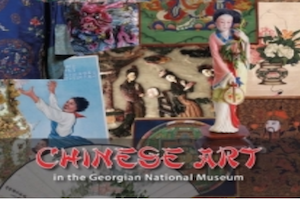
Azerbaijan-Russia Relations Warm Up
By Natalia Konarzewska
February 3, 2020, the CACI Analyst
The end of 2019 saw increasing diplomatic activity between Azerbaijan and Russia, at a time when Russia wants to strengthen its profile in Azerbaijan and bring the country closer to Moscow-promoted multilateral initiatives. This is partly due to Azerbaijan’s increasing geopolitical importance to the West and China, being a key participant in the Southern Gas Corridor and a prospectively important one in the Belt and Road initiative (BRI). Russia also wants Azerbaijan to counterbalance its traditional South Caucasus ally Armenia, whereas Azerbaijan expects Russia’s assistance in resolving the Nagorno-Karabakh conflict, which is nevertheless unlikely to materialize.
